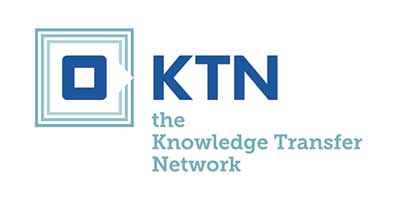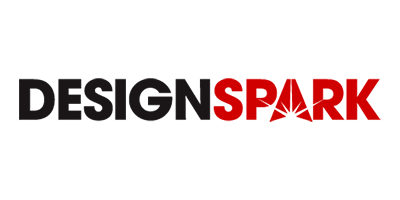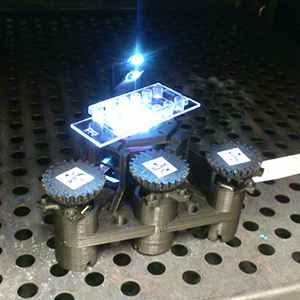
A 3D printed digital microscope, anyone?
Tobias Wenzel
3D printing brought incredible examples of Open Labware to life. My personal favourite (to be published soon): My colleague Richard Bowman's Raspberry Pi driven digital microscope, about the size of two fists, which allows a sample positioning of 1micrometer for X,Y and Z axis with its 3-printed flex-structures. Check it out on arXiv
The components for this microscope are easily accessible and most of it is printed. The cost for building it yourself is around £45 (excluding the Raspberry Pi) compared to around £10000 for a commercial system! Join me to build and operate a few. I have prepared all the parts.
Tobias Wenzel "Tobey" is a Winton Scholar at the University of Cambridge who channels most of his enthusiasm into his Bioengineering work. He has build a range of equipment but is generally more involved in meta-projects that enable greater community impact to further technological development and access to it. He is a passionate promoter of hands-on education and loves to socialise with people sharing is can-do attitude. The DokuBricks project is a collaborative effort involving the IRNAS institute, OpenPlants, Tobey's colleague, Johan Henriksson, and more enthusiastic helpers.
What you need to bring:
- A laptop to control the Raspberry Pi and view the images.
- If you like, you can bring your own Raspberry Pi.
- A steady hand will be beneficial for the assembly!
- There will be space for 10 participants for the roughly 3 hour workshop
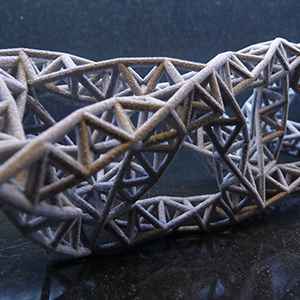
3D modelling with Node.js
Ben Jefferson
Come along and learn how to use the open source Frameworx library and some simple Javascript code to quickly build beautiful and intricate 3D models ready to send to your printer or favourite 3D print agency.
Fractal trees, structural trusses, jewellery, molecular models - if it's made of sticks Framework can model it!
Ben Jefferson is a software engineer who initially trained as an architect (as in buildings not systems). Ben was tech director at Leeds based web agency Sense Internet for 10 years and is now a freelance software engineer and IT consultant. His combined interest in structures, fractals, computing and innovation set Ben on a mission to model and 3D print a "Fractal Truss". After trying many different open source 3D modelling packages Ben found that none of them leant themselves to fast algorithmic generation of multi-million facet 3D models - thus Frameworx was born. Frameworx is now used all over the world including in labs working at the cutting edge of 3D printing technology.
What you need to bring:
- A laptop which has node.js and MeshLab (or similar STL file viewer) installed.
- A basic knowledge of Javascript coding
- A text editor you can write node.js code in
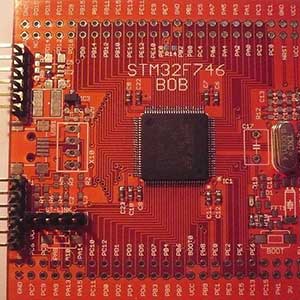
Climbing Bare Metal Mountain - A Hardware Engineer's Approach to Bare Metal ARM programming
Ken Boak
Learn how to journey from the Arduino Comfort Zone to the Hazardous Territory of 32bit ARM Cortex code development.
Ken has worked in many areas of electronic engineering over the last 30 years including Broadcast Research, telecommunications and instrumentation. For almost 2 years, Ken has developed hardware based on ST Microelectronics STM32xxx range of 32bit ARM Cortex M microcontrollers. This workshop shares his recent experiences and offers a means to move into 32 bit ARM based hardware - with a little bit of bare metal coding thrown in.
What you need to bring:
- Laptop
- Choice of toolchain
- If possible a STM32F Nucleo or Discovery board - a limited number will be available on the day
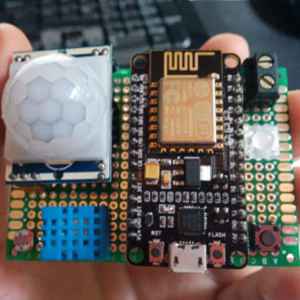
A hands-on introduction to ESP8266: Sensors for the Home
Omer Kilic
This workshop will introduce attendees to the popular low-cost WiFi enabled ESP8266 platform and go through a series of practical exercises focusing around a sensor device for the home. The device will get temperature/humidity, PIR activity and ambient light readings from the sensors on the purpose built demo board and report them back to the local “hub” and/or a cloud service.
The exercises will run on the NodeMCU firmware, which is based on the Lua programming language. Before we get to the sensor readings part, there will be a quick introduction to the language and the platform with trivial exercises such as controlling GPIOs, using timers and various other fundamentals.
Omer Kilic is an embedded systems engineer who likes tinkering with small computers of all shapes and sizes. He works at the various intersections of hardware and software engineering practices and likes good beer.
What you need to bring:
- A laptop (Windows/Linux/OSX) and your charger. Please have your root/admin credentials handy in case you need to install any required software components during the workshop
- A Micro USB cable. Your mobile phone charging/data cable will probably be fine
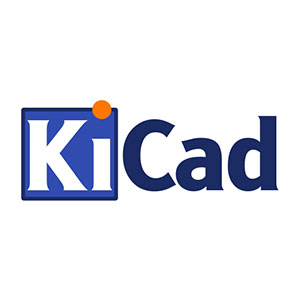
Learn KiCad by building a breadboard PSU
Matt Venn
KiCad is a free, open source, electronics CAD tool for designing circuit boards. It's recently undergone a rapid expansion and change due to CERN funding. Consequently lots of documentation is now out of date.
In this workshop you'll learn how to use the new KiCad by building a useful power supply for a solderless breadboard.
Before the workshop starts, please take 10 minutes to watch the following short screencasts:
Thanks to our workshop sponsors OSHPark, each participant will get vouchers to have their board made free of charge.
Matthew Venn is a freelance engineer and workshop facilitator. As a qualified electronic engineer, he has worked with Arcola Energy, BOC, RS, Sustrans, Bristol Braille Technology and others on various projects ranging from bicycle powered cinemas to fuel cell theatre lighting.
Matthew's hands on STEM workshops have proven successful with over 5000 children taking part worldwide over the last 3 years. Recent workshops include the London School's Hydrogen cell Challenge, an aerial photography project for Island Hydrogen and building solar mood lamps for the Abu Dhabi Science Festival.
When he's not inventing new ways of getting people excited about engineering, Matthew plays music, invents puzzle boxes, practices martial arts and is a director of Bristol Hackspace.
What to bring:
A laptop computer with the latest version of KiCad installed.
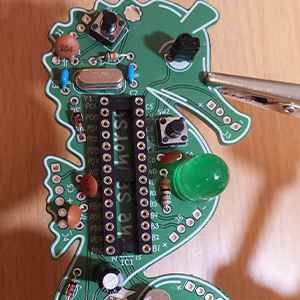
Arduino-based wearable electronics with the Seahorse
Jeremy Bennett
The seahorse is a flexible kit based on the Shrimping.it breadboard design and Cuttlefish PCB.
The kit allows you to create a fully functional Arduino compatible computer, powering two LEDs and an IR receiver and transmitter. The board is fully extensible, making it easy to connect to a range of other peripherals via conductive thread.
During this workshop, which lasts for the complete afternoon, you will solder up the circuit board, program it, and then sew it to a T-shirt.
Dr Jeremy Bennett is founder and Chief Executive of Embecosm, a consultancy specializing in the development of open source compiler tool chains.
What you need to bring:
- A T-shirt or other item of clothing to which you wish to attach the seahorse.
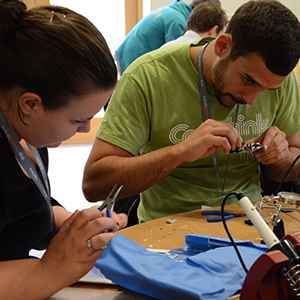
Assembling the OSHCamp kit
Chelsea Back
Get help with assembling this year's kit.
Chelsea Back is a trainee engineer and is working towards a degree in Electronic Engineering.
Chelsea enjoys building microcontroller projects and teaching people how to solder. She is currently getting to grips with schematic capture and PCB layout.
What you need to bring:
- The OSHCamp 2015 kit
